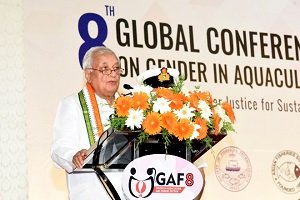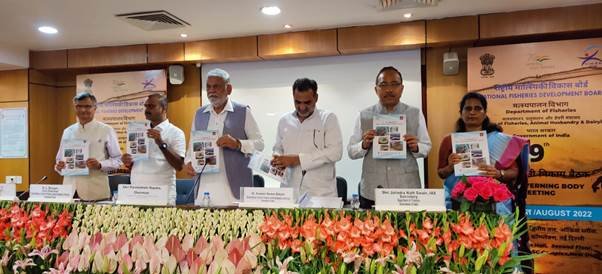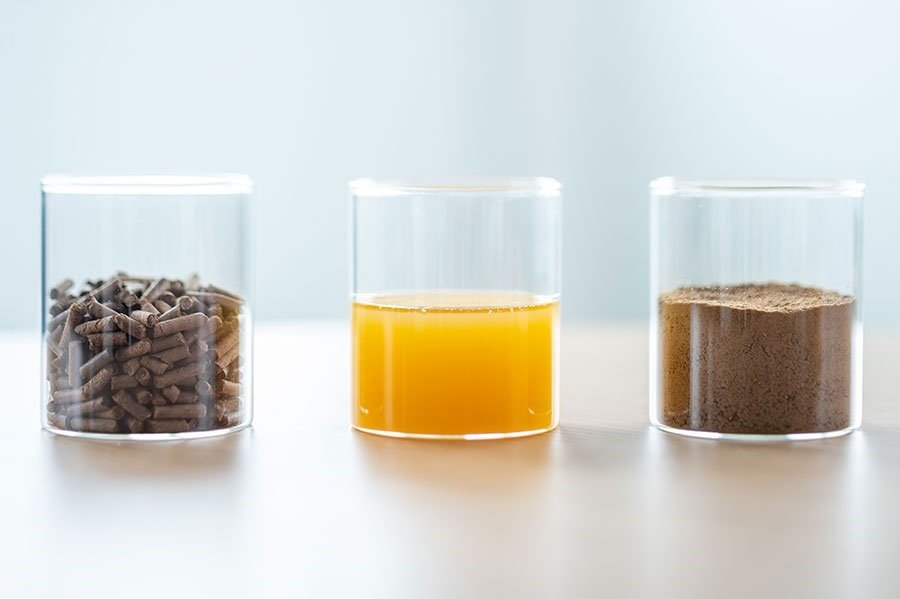Kerala Gov inaugurates GAF8 Conference in Kochi
To focus on gender issues in aquaculture and fisheries sector pertaining to rights of equality of women
The 8th Global Conference on ‘Gender in Aquaculture and Fisheries (GAF8)’, jointly organised by ICAR – Central Institute of Fisheries Technology, Kochi; Gender in Aquaculture and Fisheries Section of the Asian Fisheries Society and the Society of Fisheries Technologists (India) (SOFTI) was officially inaugurated by the Governor of Kerala Arif Mohammed Khan.
In his inaugural address, he emphasised that the GAF8 will be discussing the intertwined gender issues in aquaculture and fisheries sector pertaining to the rights of equality of the unsung majority of women as compared to their male counterparts. Lamenting on the poor socio-economic status of the fisher women with respect to gender inequality and inequity, he said that in spite of the large-scale contributions of women in the several areas in the fishing industry, their services for the sectoral development have not been duly acknowledged. So, he urged the delegates to find out potential solutions to resolve these issues through fruitful deliberations on this global platform.
The conference which is being held at Kochi, is the eighth in the global series, themed on ‘Shaping the Future: Gender Justice for Sustainable Aquaculture & Fisheries’ through various sub-themes pertaining to gender issues and related policies in the fisheries sector. The conference aims to bring forward gender issues in the aquaculture and fisheries sector on a common global platform for gaining new insights and establishing networks of stakeholders associated with fisheries and discuss potential solutions through the gendered lens.
The conference has brought together over 300 scientists, academicians, gender experts, policymakers and students from India and abroad. Delegates from 20 countries will present papers in GAF8. Besides six focal themes, there are 10 Special Sessions have been arranged by international and national organisations, including the FAO, Pacific Community, BOBP, ICSF etc. In addition, two special events are being hosted along with GAF8.
To focus on gender issues in aquaculture












